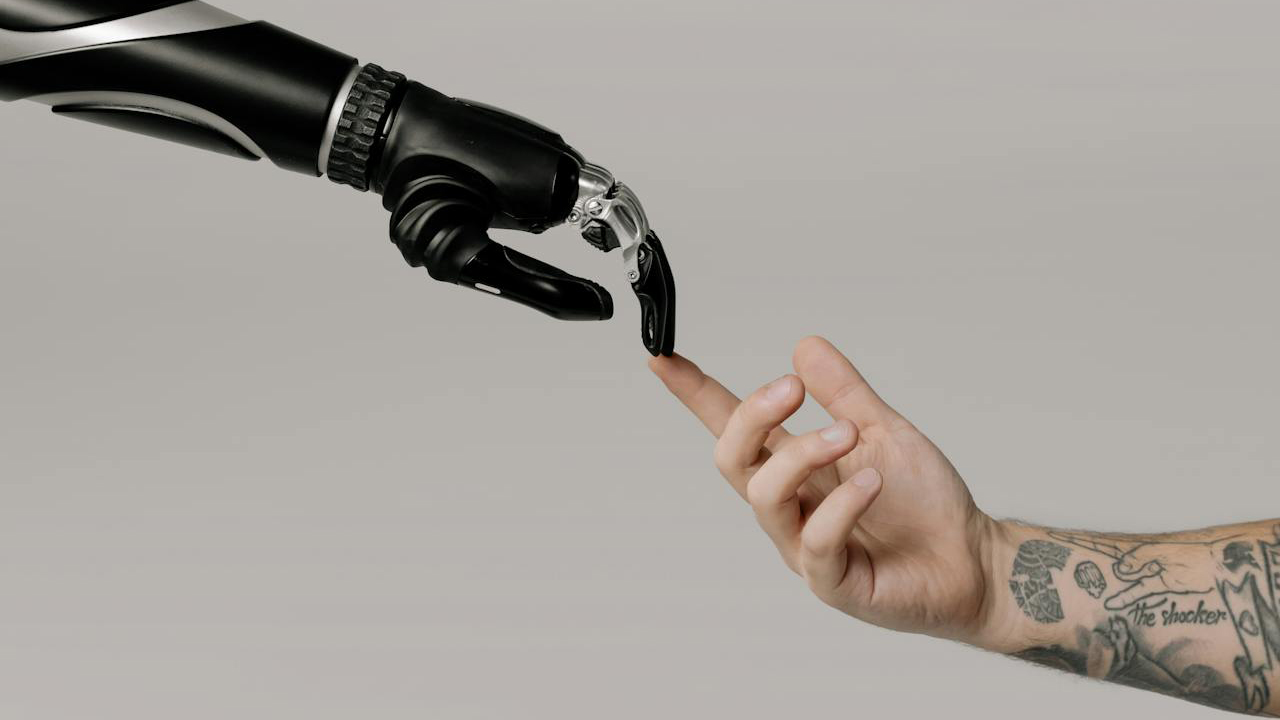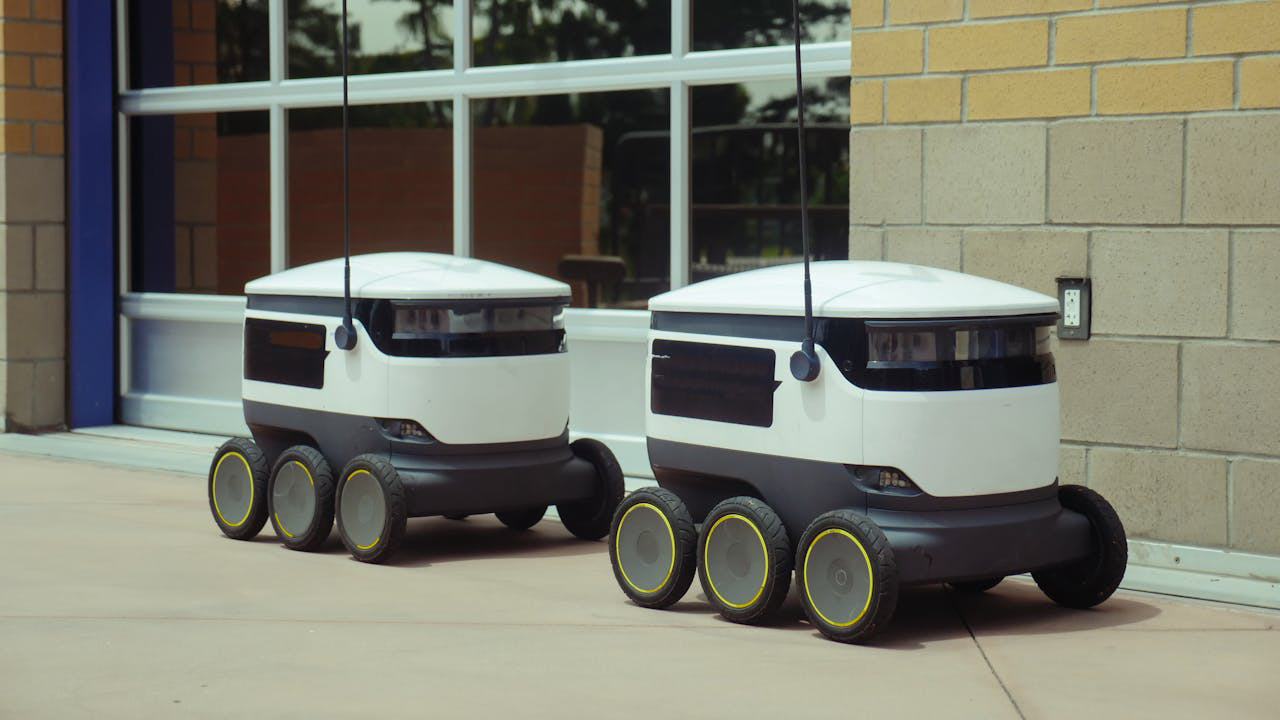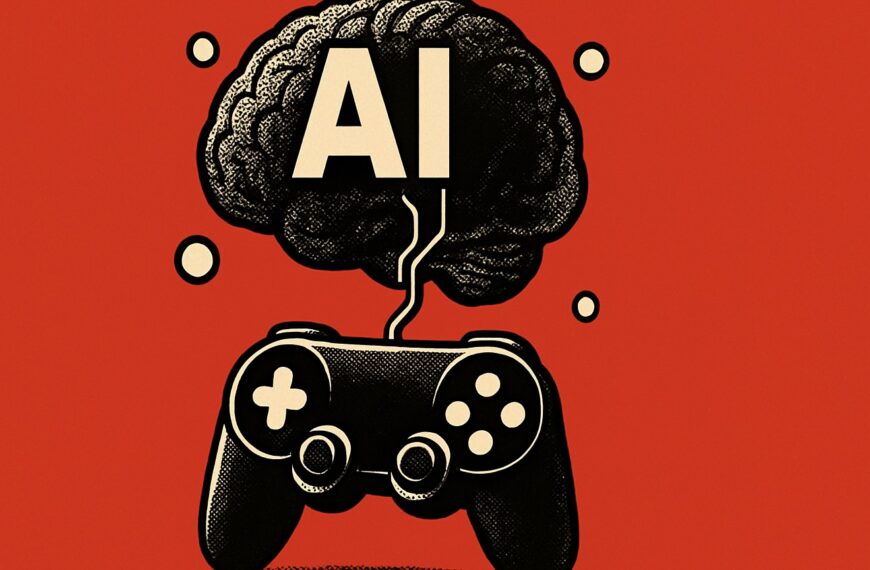Despite the rapid integration of artificial intelligence (AI) into various aspects of daily life, a significant portion of the American public remains skeptical about its benefits and the intentions of those developing and deploying it. Recent surveys highlight a growing divide between AI experts and the general populace regarding trust and optimism in AI technologies.
A Growing Trust Gap

According to a Pew Research Center study, while approximately 75% of AI experts believe that AI will benefit them personally and improve job quality, only 25% of the public shares this sentiment. This disparity underscores a significant trust gap between those developing AI technologies and those affected by them.
Concerns Over Ethical and Unbiased Decision-Making

Many Americans express doubts about AI’s ability to make ethical and unbiased decisions. A YouGov poll found that 65% of respondents have little to no trust in AI to make ethical decisions, and 54% don’t trust it to make unbiased decisions. These concerns are particularly pronounced among individuals who do not regularly use AI tools.
Distrust in Institutions Managing AI

The skepticism extends beyond the technology itself to the institutions responsible for regulating and deploying AI. The same Pew Research study revealed that more than half of both AI experts and the general public desire more personal control over how AI is used in their lives. Additionally, majorities in both groups doubt the government’s and private sector’s ability to manage AI responsibly.
Generational Perspectives and Usage Patterns

While younger generations, such as Gen Z, are more engaged with AI tools, they also exhibit significant anxiety regarding AI’s impact. A Gallup study indicates that although 79% of Gen Z reports using AI tools like ChatGPT or Copilot, nearly half believe AI will harm their ability to think critically. Furthermore, only a third trust work done by or with AI as much as human output.
Implications for AI Integration

The prevailing distrust among Americans poses challenges for the integration of AI technologies. Without addressing concerns related to ethics, bias, and institutional trust, the adoption of AI may face resistance. Building transparent, accountable, and inclusive AI systems is essential to bridge the trust gap and ensure that AI advancements align with public interests.


 By
By














